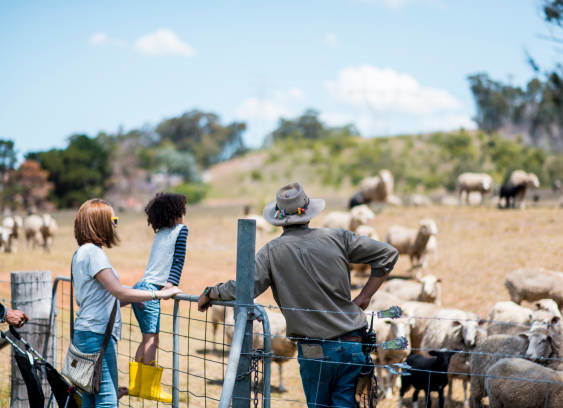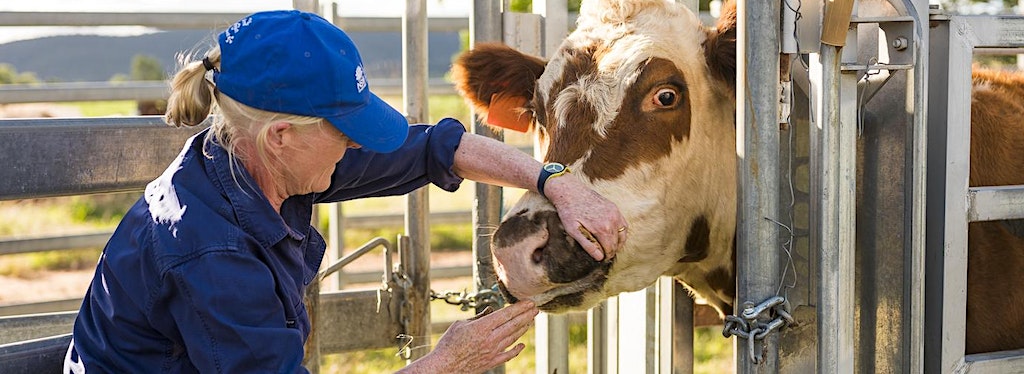Farm biosecurity plays a crucial role in safeguarding agricultural systems against the threat of diseases, pests, and other potential risks. In Malaysia, with its diverse agricultural landscape and increasing global trade, maintaining robust biosecurity measures is of paramount importance. By implementing effective preventive strategies, Malaysia can fortify its agricultural sector, protect farmers’ livelihoods, and ensure food security for its population. This article explores the significance of farm biosecurity in Malaysia and highlights key measures and initiatives aimed at enhancing biosecurity practices across the nation.
Farm biosecurity is an integrated set of practices that aims to minimize the introduction and spread of diseases, pests, and other hazards within agricultural settings. The consequences of inadequate biosecurity measures can be devastating, resulting in significant economic losses, reduced crop yields, and compromised food safety. By prioritizing farm biosecurity, Malaysia can mitigate the risk of disease outbreaks, preserve its agricultural productivity, and maintain a sustainable food supply chain.
A robust disease surveillance system is fundamental for effective farm biosecurity. Malaysia has made significant strides in enhancing disease monitoring and early detection mechanisms. The Department of Veterinary Services (DVS) collaborates with farmers, veterinarians, and other stakeholders to conduct regular disease surveillance programs, ensuring the timely detection of infectious agents and quick response to potential outbreaks. This proactive approach allows for swift containment measures, minimizing the spread of diseases and preventing extensive damage to crops and livestock.

To foster a culture of biosecurity awareness and promote best practices, Malaysia has prioritized biosecurity education and training initiatives. The government, in collaboration with agricultural agencies and universities, conducts workshops, seminars, and training sessions to equip farmers and industry professionals with the necessary knowledge and skills to implement robust biosecurity measures. By empowering individuals with up-to-date information, feed health additives malaysia Malaysia strengthens its collective capacity to prevent and manage biosecurity risks effectively.
International trade plays a crucial role in Malaysia’s agricultural sector, but it also poses biosecurity challenges. To safeguard against the introduction of exotic pests and diseases, the Malaysian government has implemented stringent import regulations and border control measures. These measures include mandatory inspections, quarantine protocols, and certification requirements for imported animals, plants, and agricultural products. By ensuring strict adherence to these regulations, Malaysia minimizes the risk of introducing harmful pathogens or pests into its agricultural systems.
Maintaining high standards of farm hygiene and sanitation is a fundamental aspect of biosecurity. Farmers in Malaysia are encouraged to implement rigorous cleaning and disinfection practices to minimize the transmission of diseases and pests. This includes sanitizing equipment, vehicles, and facilities, as well as managing waste and maintaining strict biosecurity protocols for visitors and workers. By prioritizing farm hygiene, Malaysia enhances its overall disease prevention efforts and safeguards the long-term sustainability of its agricultural industry.



